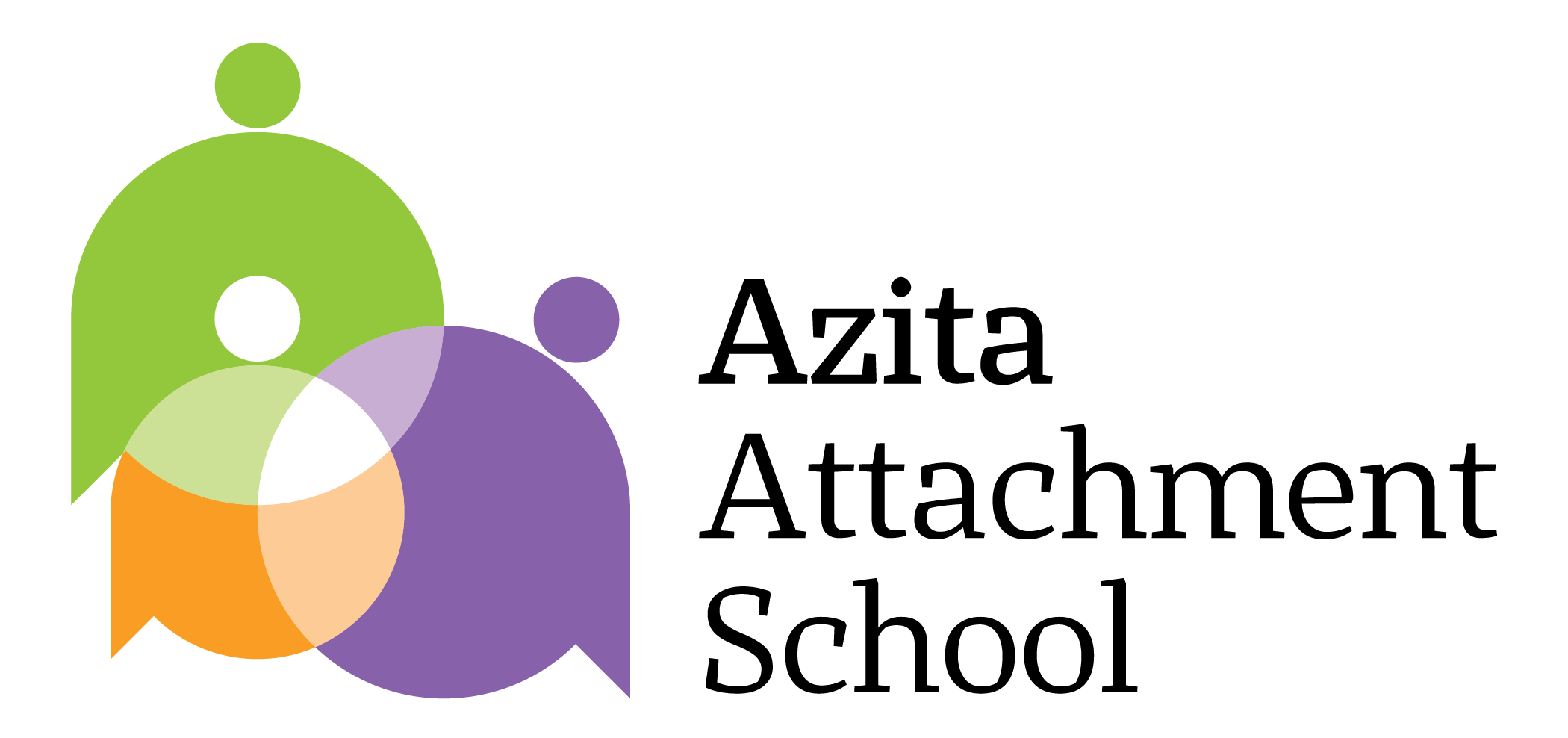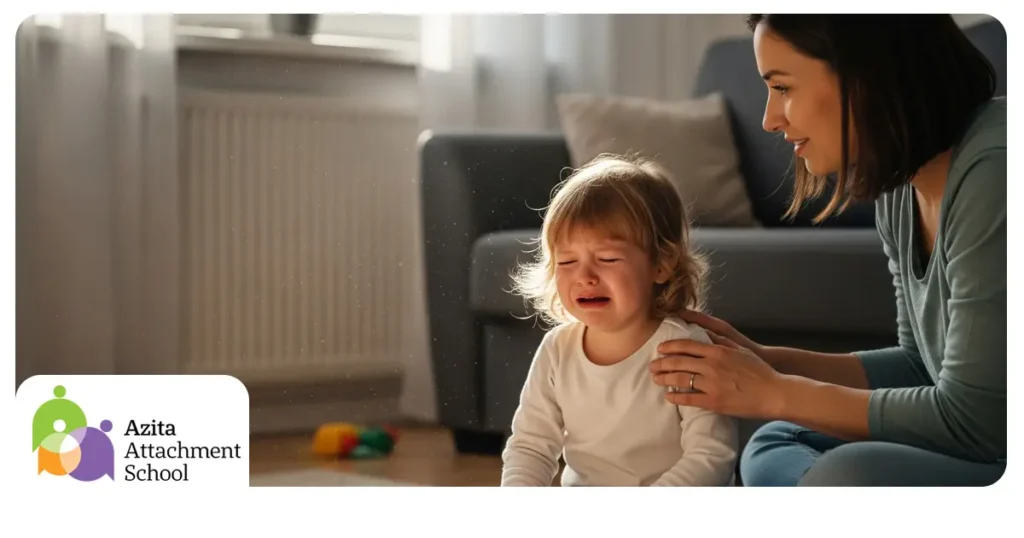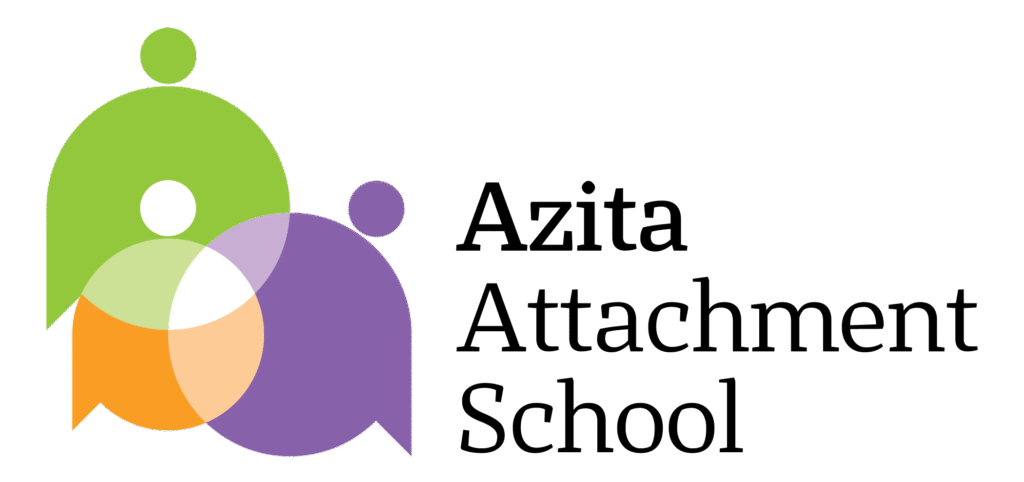Self-care is helpful, but not enough for parents. Research shows self-compassion helps parents break free from self-criticism, avoid burnout, and build deeper, more secure connections with their children.
Introduction
In modern parenting, the idea of self-care has become almost unavoidable. Resting, exercising, eating well, and taking time for yourself are all important. But here’s the real question: Is self-care enough?
Self-Care vs. Self-Compassion
Self-care is about external actions: sleep, nutrition, exercise, or leisure.
Self-compassion is about inner attitude: How do you treat yourself when things go wrong?
- Self-care = “What do I do to recharge?”
- Self-compassion = “How do I treat myself when I’m overwhelmed?”
Why Self-Compassion Matters in Parenting
Research by Kristin Neff shows that parents with higher self-compassion:
- Experience less emotional burnout.
- Are more accepting of their children’s mistakes.
- Build deeper, more secure parent-child bonds.
Why Self-Care Alone Isn’t Enough
Parents who rely only on self-care may feel refreshed temporarily but still fall back into cycles of guilt and self-criticism.
Self-compassion stops this cycle and creates lasting resilience.
Conclusion
Self-compassion is the beating heart of conscious parenting. Without it, no self-care practice can truly strengthen the parent-child relationship.
Want to learn more about conscious parenting and attachment-based approaches? Explore other articles on Azita Attachment School.


